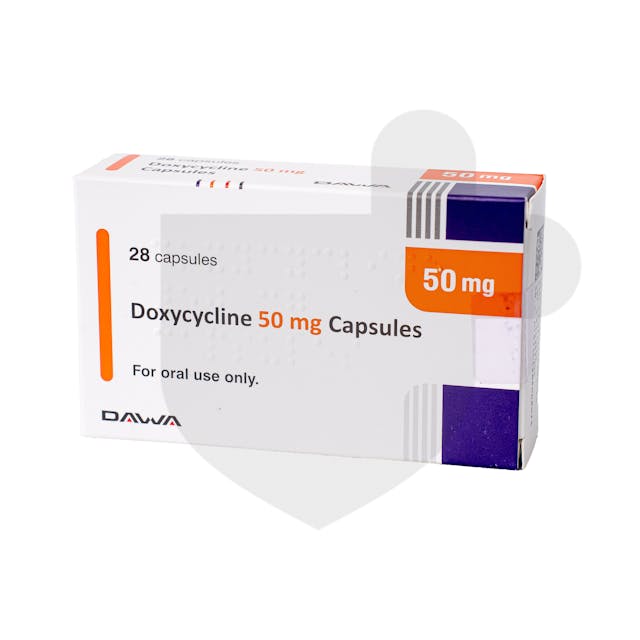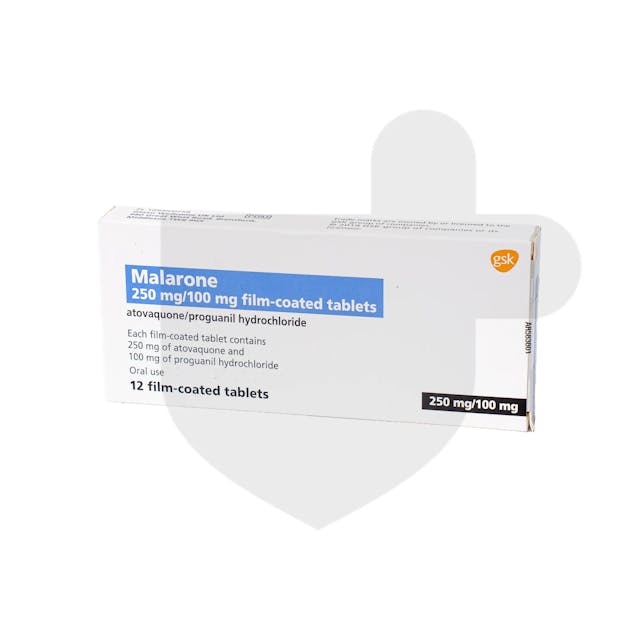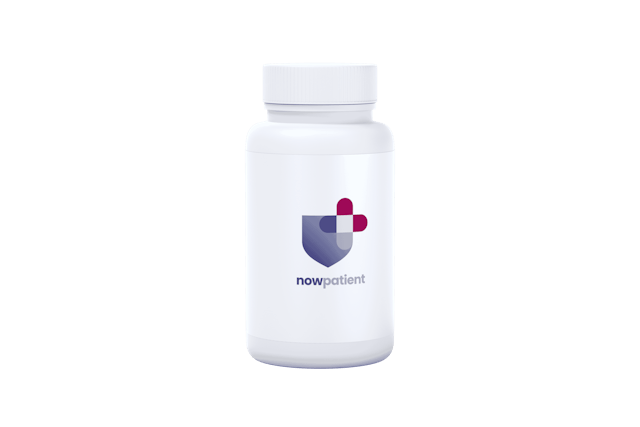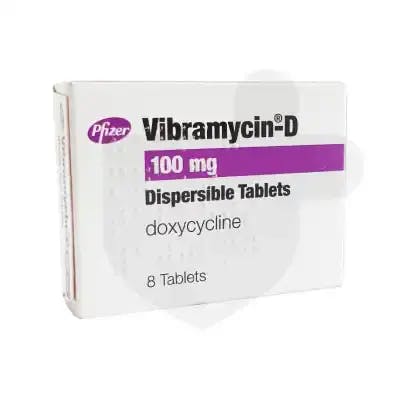Malaria
Treatment & Medications
With NowPatient's private treatment plans you can treat Malaria safely and easily in a few simple steps. Get started by selecting the available treatments you are interested in below or by hitting the start consultation button.
This content is intended for UK audiences only
Available treatments
Compare treatments
Get started with the right treatment for you
Treatments & Medications
delivery
service

Malaria is a life-threatening disease transmitted through the bites of infected mosquitoes. It is most prevalent in countries such as sub-Saharan Africa, South Asia, the Caribbean, parts of Central and South America, Southeast Asia, the Middle East, and Oceania. Malaria is not common in Europe or the U.S.
Here, we will take a closer look at Malaria, its causes, symptoms and treatments.
Understanding Malaria: Causes and Transmission
Malaria is caused by Plasmodium parasites, such as Plasmodium falciparum (falciparum malaria), P. vivax, P. ovale, P. malariae, and P. knowlesi. These are transmitted through the bites of infected female Anopheles mosquitoes, injecting the malaria parasites directly into the bloodstream. Parasites pass to the liver, before maturing and multiplying and then moving on to infect red blood cells, leading to the symptoms of Malaria.
Malaria is not contagious and cannot be passed from person to person directly. It can, however, be transmitted through sharing of contaminated needles, or blood transfusions.
Malaria symptoms
Malaria symptoms appear within a week or two after the mosquito bite. Symptoms vary depending on the type of malaria parasite and the infected persons immune response. Symptoms include fever, chills, headache, nausea, vomiting, diarrhoea, stomach pain, muscle or joint pain, tiredness, rapid breathing, a rapid heart rate, and cough.
Young children, pregnant women and those with weakened immune systems may experience more severe symptoms, such as difficulty breathing, abnormal bleeding, cerebral malaria, convulsions, organ failure and even malaria deaths, especially if not treated.
Diagnosing Malaria
A healthcare professional will take your medical and travel history to evaluate your symptoms and determine your likelihood of a malaria infection. Laboratory tests will also be carried out, to confirm the specific malaria species. These include microscopy, for the examination of blood samples and rapid diagnostic tests to detect certain proteins produced by the malaria parasites.
Malaria prevention: Strategies and interventions
The primary goal for prevention is to reduce the risk of exposure to mosquito bites. Prevention includes:
Mosquito repellents
Insect repellents containing ingredients such as DEET, Picaridin, or IR3535 may be applied to skin and clothing to repel mosquitoes. Extra precautions should be taken when applying these to children.
Insecticide-treated bed nets
Mosquito nets help to reduce the risk of malaria infection in high-risk areas by providing a physical barrier. The nets are treated with insecticides that kill or repel mosquitoes. Insecticide-treated nets are recommended in areas where malaria transmission is high.
Protective clothing
You are advised to wear long-sleeved shirts, trousers, and closed-toe shoes when outdoors, especially when mosquitos are most active at dusk. This will help protect your skin, reducing the risk of mosquito bites.
Indoor residual spraying
This is the application of insecticides to interior walls and ceilings of the house to kill mosquitoes, helping to reduce malaria transmission.
Chemoprophylaxis for travelers
This is where travellers visiting areas with a high risk of malaria take medicines, to reduce their chances of infection. Medications are recommended based on the destination and the person’s age and medical history. Treatment is started before travel to a malaria-endemic area and continues after returning for a certain amount of time, as recommended by your healthcare provider.
Malaria vaccination
The WHO (World Health Organization) recommends malaria vaccines in areas with moderate to high malaria transmission.
Clean water
Education around the maintenance of a clean water supply is essential as this will help reduce the laying of mosquito eggs and ultimately reduce the spread of malaria.
Malaria treatment
Artemisinin-based combination therapies, such as artemether-lumefantrine and artesunate-mefloquine are the most effective treatments against malaria parasites, such as Plasmodium falciparum. Other antimalarial drugs include atovaquone-proguanil, chloroquine, quinine sulfate with doxycycline, and primaquine phosphate.
Severe cases of malaria may also need to be treated with blood transfusions and intravenous fluids, to control body temperature. You should make sure you follow the instructions given to you by your healthcare provider and complete your full course of treatment to prevent any future drug resistance.
Malaria research
Research for malaria is focused on the development of malaria vaccines, new antimalarial medicines, and vector control methods.
Conclusion
Understanding the causes, symptoms, and how to prevent malaria, will help with malaria control in high endemic countries. By working together, we can all help achieve a future where this infectious disease is no longer a threat.
Sources
What is NowPatient
Telehealth and Online Pharmacy
NowPatient is a licensed online pharmacy and doctor service that is available around the world. Our service is FREE and packed with valuable features that can benefit your health such as medication reminders, educational blogs, medically approved symptoms checker, UK NHS online pharmacy, private treatment plans, Rx Advantage card, health conditions information, affordable medications options, genetic testing, home test kits, health risks, pollen meter, air quality monitor, weight loss plans, drug savings programs and lots more!

WHY WE BUILT NOWPATIENT
To improve the lives of everyone by making high-quality care accessible and convenient
We are here to improve lives. Our service gives you access to smart features and resources that can help empower you to take control of your health and improve your health outcomes. All this, in one place, for FREE. We strive to bring a fresh perspective to managing health. NowPatient can be accessed by downloading the App or using your web browser.
Download our app today

Can I trust NowPatient
Meet our medical team
We are a passionate group of clinicians and medical writers covering a broad range of specialities with experience operating in health systems in the United Kingdom & United States. Providing excellent care and advice is at the heart of everything we do. You can read more about our medical team by visiting the medical team page or learn more about how we curate content by visiting our editorial process



